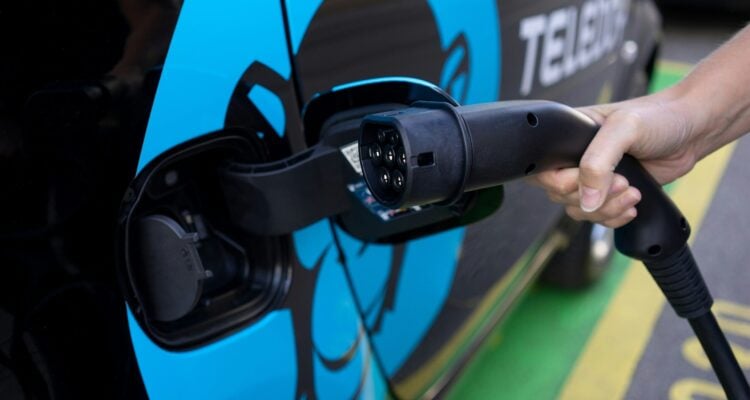The Daily Telegraph and the BBC reported yesterday that Rachel Reeves, Chancellor of the Exchequer, is considering introducing an EV levy of 3p per mile in this month’s Budget on the 26 November. She believes that this would bring electric car drivers in line with ICE vehicles who are required to pay fuel duty.
As expected, this has drawn a lot of industry criticism.
The Society of Motor Manufacturers (SMMT) said a pay-per-mile tax on EVs would be “the wrong measure, at the wrong time”.
“Introducing such a complex, costly regime that targets the very vehicles manufacturers are challenged to sell would be a strategic mistake,” they added.
Edmund King, AA president, said while the government was losing fuel duty revenue, it should “tread carefully unless their actions slow down the transition to EVs”.
He added car sales indicated that the government’s own zero emissions target would not be met this year, and the detail of the proposal was needed “to ascertain whether these new taxes will be equitable or a poll tax on wheels”.
Tom Middleditch, Sustainability spokesperson at Europcar has responded to the rumours that the Chancellor will announce proposals for a mileage tax on electric vehicles in the Autumn budget.
“Unquestionably the government has some difficult decisions to make to plug public finances, but we have a deep concern that a tax on mileage of electric vehicles will create doubt in people’s minds and be another deterrent to adoption of zero tailpipe emissions motoring right now. Our own research shows that cost is one of the main barriers to EV adoption – indeed we took our own initiative to remove this from electric rental by offering price parity for B2B customers with ICE vehicles.
“With the government’s ZEV targets unlikely to be met this year for a variety of reasons it is critical, therefore, that nothing is done at this point to discourage businesses and motorists from making the switch. Putting a tax on mileage also feels counter-intuitive to the government’s zero emissions ambitions.
“It is also unclear at this stage exactly how this would be implemented for rental vehicles. Rental is an effective transitionary solution to EV adoption, helping employers make the switch in a way they can afford, and which fits with business requirements. It also gives private motorists the opportunity to learn about electric motoring in real-world conditions that dealer test-drives simply can’t provide. We will, therefore, actively work with relevant industry bodies to respond to any government consultation to ensure that the broad impact of an EV mileage tax is fully understood.”
Paul Holland, Managing Director for UK/ANZ Fleet at Corpay, including UK brand, Allstar, said: “The Autumn Budget is where the government sets out its priorities and right now, taxing EV drivers would send all the wrong signals. The idea of a pay-per-mile or EV-equivalent to fuel duty might look like a quick fix for Treasury finances, but it risks derailing the very progress the UK needs to hit its climate and transport goals.
“The industry has been working hard to make electric vehicles viable, from infrastructure to affordability to consumer confidence, and that momentum is fragile. If the cost of running an EV rises, people will simply wait longer to switch.
“The government can’t ask drivers and fleets to go electric, then punish them for doing so. This is the moment to keep incentives in place and make the transition easier, not harder.”
George Penny, EV charging expert at The Solar Co, comments: “The government’s new pay-per-mile proposal, likely to be incorporated into the Autumn Budget is expected to raise more than £362 million for the government, based on an estimated 1.7 million electric vehicles each travelling an average of 7,100 miles per year.
“Based on the new tax rate of £0.03 per mile, the average EV driver will therefore pay around £213 per year – but this figure rises sharply in regions where residents are more dependent on their cars for everyday journeys.
“This could come as a shock to many EV owners who have previously benefited from road tax incentives, with the Vehicle Excess Duty only being introduced in April 2025.
“Our analysis reveals that EV owners in the South East will be most impacted, seeing a tax of £260 for the average driver, followed by £230 for EV owners in the East of England and £225 for those in the North West.
“Londoners are amongst those least impacted, with an anticipated tax of £165, beaten only by EV owners in Wales and the North East, who would still face an EV road tax of £160 and £130 respectively under proposed legislation.”






